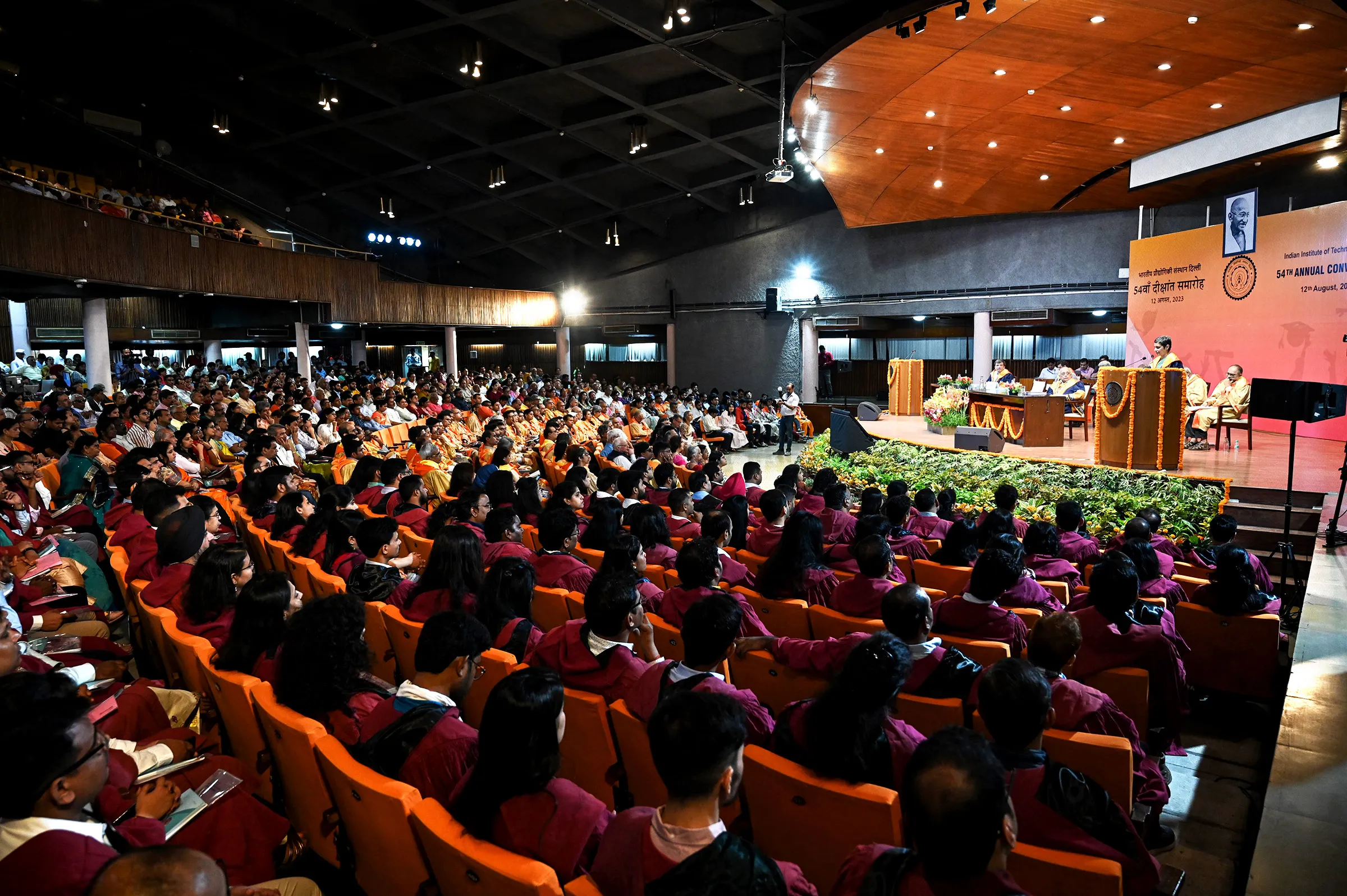Introduction
The Indian Institutes of Technology (IITs) represent a premier group of autonomous public technical and research universities in India. Known for their rigorous academic programs, cutting-edge research, and contributions to technological advancements, the IITs hold a significant place in India’s higher education landscape and global recognition. This essay delves into the history, evolution, impact, challenges, and future prospects of the IITs, highlighting their pivotal role in shaping India’s engineering and technological prowess.
Historical Background
The roots of the IITs can be traced back to India’s post-independence era when there was a pressing need to foster technical education and scientific research to fuel the country’s industrial and technological development. The first IIT, IIT Kharagpur, was established in 1951 under the guidance of the first Prime Minister of India, Jawaharlal Nehru, with assistance from the Soviet Union and West Germany.
Evolution and Expansion
Over the decades, the IIT system has expanded significantly, with the establishment of additional IITs across various states in India. As of the latest count, there are 23 operational IITs, each contributing uniquely to the fields of engineering, technology, science, and research. The IITs have evolved from being primarily undergraduate-focused institutions to comprehensive centers for postgraduate education, research, and innovation.
Academic Programs and Excellence
One of the hallmarks of the IITs is their rigorous and competitive admission process, attracting top-tier students from across India through the Joint Entrance Examination (JEE) conducted annually. The IITs offer a wide range of undergraduate, postgraduate, and doctoral programs in engineering, technology, science, management, and humanities. The emphasis on practical learning, industry exposure, research projects, and interdisciplinary studies equips students with holistic skills and knowledge.
Research and Innovation Ecosystem
The IITs are hubs of cutting-edge research and innovation, with faculty members and students actively engaged in groundbreaking research across various domains. From nanotechnology, renewable energy, artificial intelligence, and biotechnology to space exploration and sustainable development, IITs contribute significantly to India’s scientific and technological advancements. Collaborations with industry, government agencies, and international institutions further enhance research outcomes and technology transfer.
Global Recognition and Alumni Impact
The alumni of IITs, often referred to as “IITians,” have made indelible marks globally in diverse fields such as entrepreneurship, academia, corporate leadership, and public service. Many IITians hold influential positions in top multinational companies, startups, research institutions, and government bodies worldwide, showcasing the impact of IIT education and ethos on global innovation and leadership.
Challenges and Opportunities
Despite their successes, the IITs face various challenges, including:
- Faculty Recruitment and Retention: Ensuring a talented and diverse faculty pool is crucial for maintaining academic excellence and research vibrancy.
- Infrastructure and Funding: Adequate infrastructure, modern laboratories, research facilities, and sustainable funding are essential for continuous growth and innovation.
- Curriculum Relevance: Adapting curricula to align with emerging technologies, industry needs, societal challenges, and global trends remains a continuous endeavor.
- Diversity and Inclusivity: Promoting gender diversity, inclusivity of underrepresented communities, and equitable access to opportunities are ongoing priorities.
- Global Collaboration: Strengthening international collaborations, joint research initiatives, and student exchange programs can enhance global visibility and competitiveness.
Future Outlook and Initiatives
The IITs are proactively addressing challenges and embracing opportunities to further enhance their impact and relevance:
- Interdisciplinary Research Centers: Establishing interdisciplinary research centers focusing on emerging areas such as data science, cybersecurity, healthcare technologies, and sustainable development fosters innovation and collaboration.
- Entrepreneurship and Innovation Ecosystem: Encouraging entrepreneurship, startup incubation, industry partnerships, and technology commercialization bridges academia-industry gaps and fosters economic growth.
- Digital Learning Platforms: Leveraging digital technologies and online learning platforms expands access to quality education, lifelong learning opportunities, and global connectivity.
- Sustainable Development Goals (SDGs): Aligning research, innovation, and education initiatives with the United Nations’ SDGs promotes sustainable practices, social impact projects, and responsible citizenship among students and faculty.
- Global Rankings and Reputation: Enhancing research output, patents, collaborations, and alumni achievements elevates global rankings, attracting top talent, funding, and partnerships.
Conclusion
The Indian Institutes of Technology (IITs) stand as beacons of excellence, innovation, and national pride, contributing significantly to India’s technological advancements, economic growth, and global recognition. With a rich legacy, robust academic programs, cutting-edge research, and a talented alumni network, the IITs continue to inspire generations of engineers, scientists, entrepreneurs, and leaders to tackle complex challenges and drive positive change in society. By fostering a culture of creativity, collaboration, and continuous learning, the IITs remain at the forefront of India’s journey towards technological leadership and inclusive development in the 21st century.
Is this conversation helpful so far?






